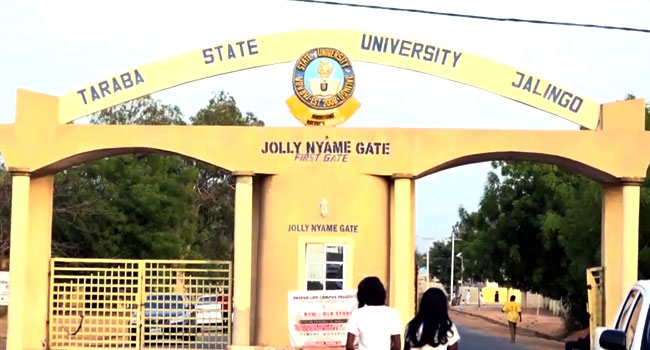A policy designed to address pressing challenges faced by young people in the Federal Capital Territory (FCT) has been reviewed, validated, and adopted by stakeholders, including representatives from youth organisations, civil society, government agencies, and local communities.
The policy, which focuses on key areas such as education, employment, health, and social inclusion, aims to create a more inclusive, equitable, and sustainable future for young people across the FCT.
At a review meeting on Friday in Abuja to support the Federal Capital Territory (FCT) Social Development Secretariat (SDS), put together by YouthHubAfrica with support from ActionAid Nigeria, stakeholders noted that the adoption of the policy is a testament to the collective commitment to building a brighter future for young people in the region.
Speaking, Executive Director of YouthHubAfrica, Rotimi Olawale, who noted that the policy was not just a document, explained that it represents Nigeria’s shared vision for a society where youth can thrive, contribute meaningfully, and be the driving force behind sustainable development.
“As we move towards the adoption, we are more than ready to translate this vision into actionable programs that will make a tangible difference in the lives of our youth.”
“The adoption of the policy marks a significant milestone in our collective efforts to build a brighter future for the youth in the FCT.”
He disclosed that YouthHubAfrica will continue working closely with all stakeholders and provide the necessary technical support to the government in the FCT to ensure the successful implementation of the policy and to create an enabling environment where young people can thrive.
Also speaking, Director of Youth, FCT Youth Affairs Secretariat, Mrs. Asabe Precious Umaru, who said that the secretariat had been waiting for the document patiently, disclosed that international donor assistance for youths in the FCT has been minimal due to the absence of a working policy document.
She stated: “The international donor agencies have not come to the aid of youth properly in the Federal Capital Territory, but this policy will give them a guide. It will give them a direction.
“So it is in the right direction, we can now key into programs with international donor agencies, bearing in mind that we have a working and legal framework document that is the policy.”

 3 months ago
8
3 months ago
8















 English (US) ·
English (US) ·